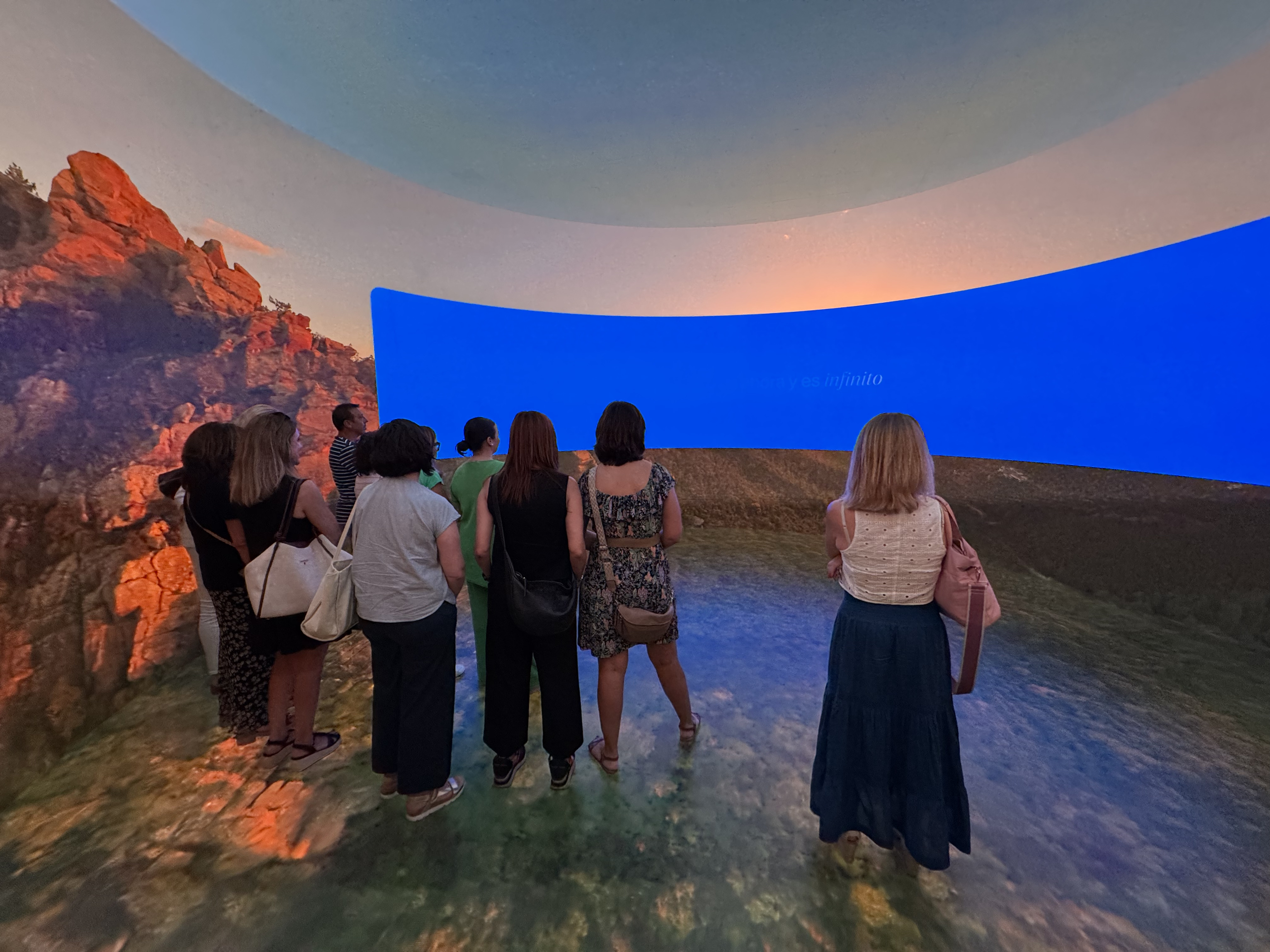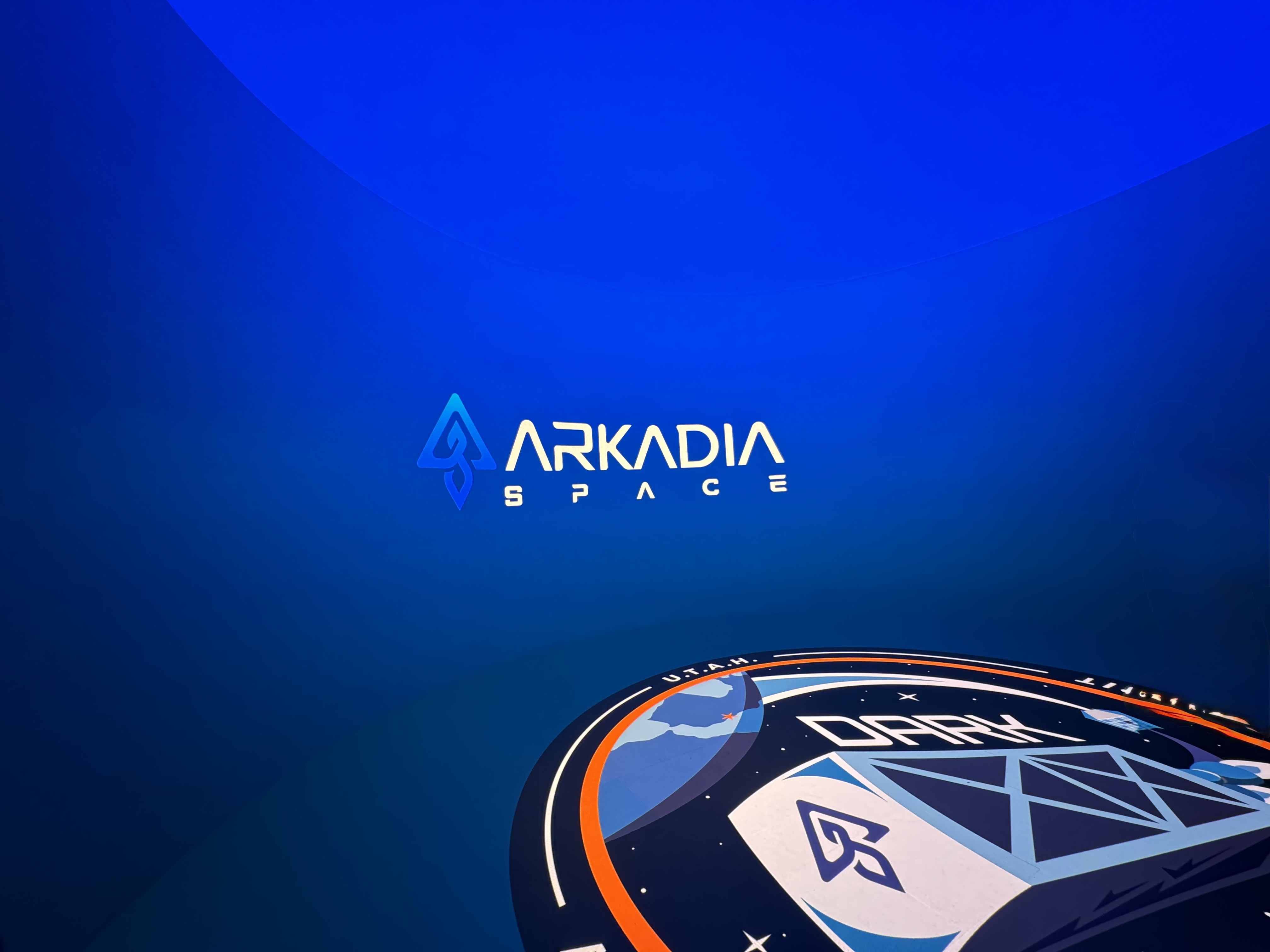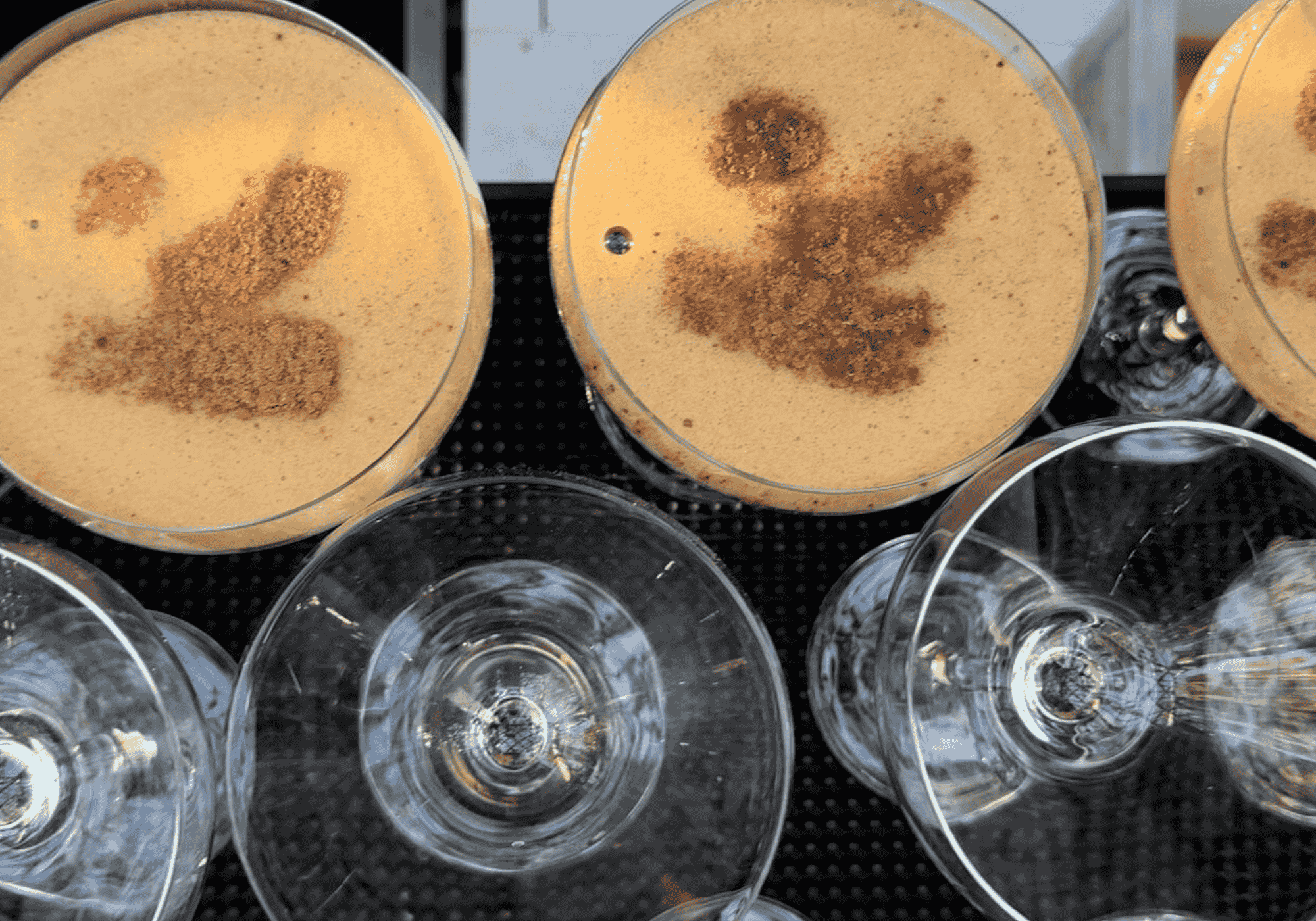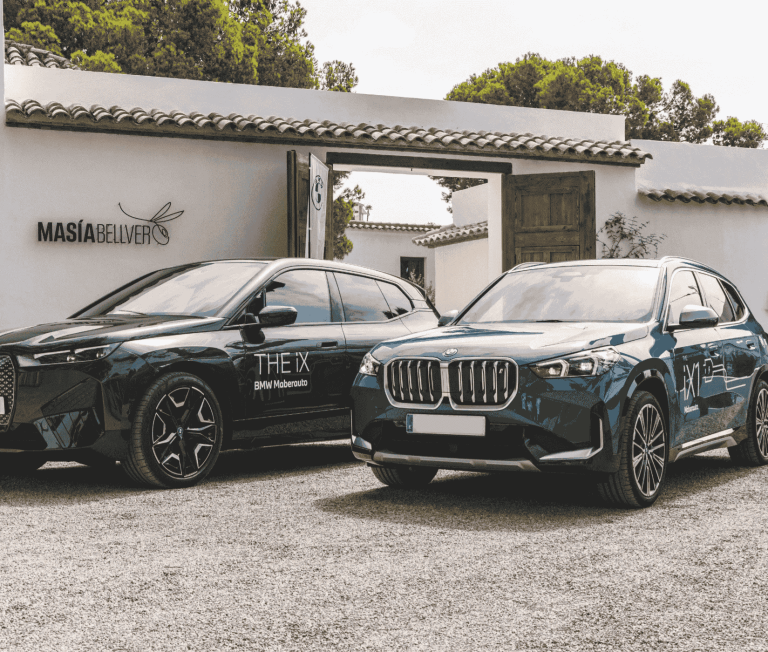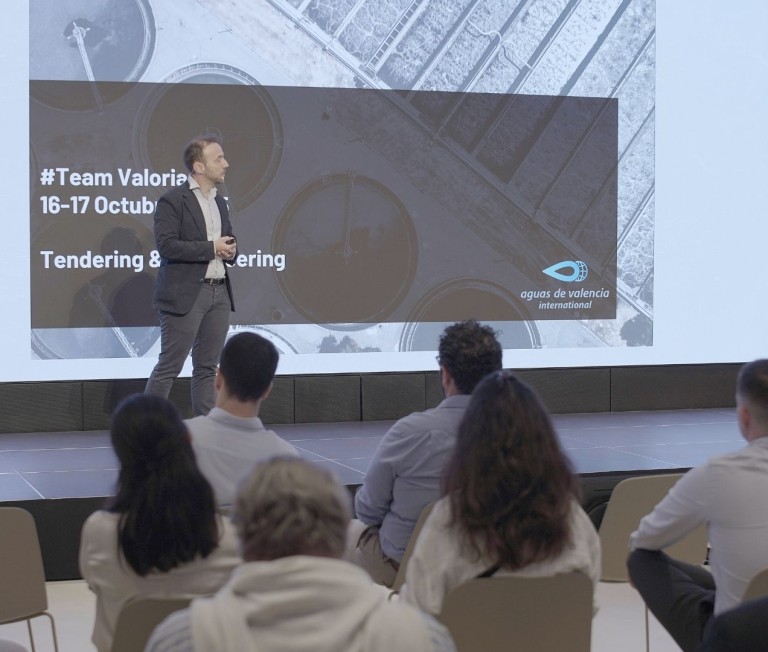Personalization: The Individual at the Center
In this age of personalization, consumers expect brands to recognize them as people, not numbers. One way to achieve this is to tailor experiences and personalize them as much as possible, whether through specific activities, corporate branding, or more. Ultimately, the audience needs to feel that the event is about and for them. This way, the emotional connection is multiplied.
This personalized approach can also be applied to other initiatives, such as a corporate retreat, where the group experience becomes a powerful bonding tool.
At Bellver Blue Tech Zone, we ensure that each event is unique, tailoring experiences and personalizing them as much as possible through specific activities throughout the event, corporate branding, or visual elements that reflect the brand's identity.
Compelling Interactivity: From Spectators to Participants
This can be achieved through hybrid events, participatory activities, interactive videos, collaborative workshops… Every action that invites the audience to touch, experience, or decide increases the level of engagement and strengthens the emotional connection.
Narrative and Storytelling: Telling Stories That Leave a Mark
Storytelling in experiential events allows every action, every activity, and every element of the environment to have a purpose within a coherent and immersive narrative. As we have already discussed in this article, every detail is important and is designed to generate an emotional impact.
